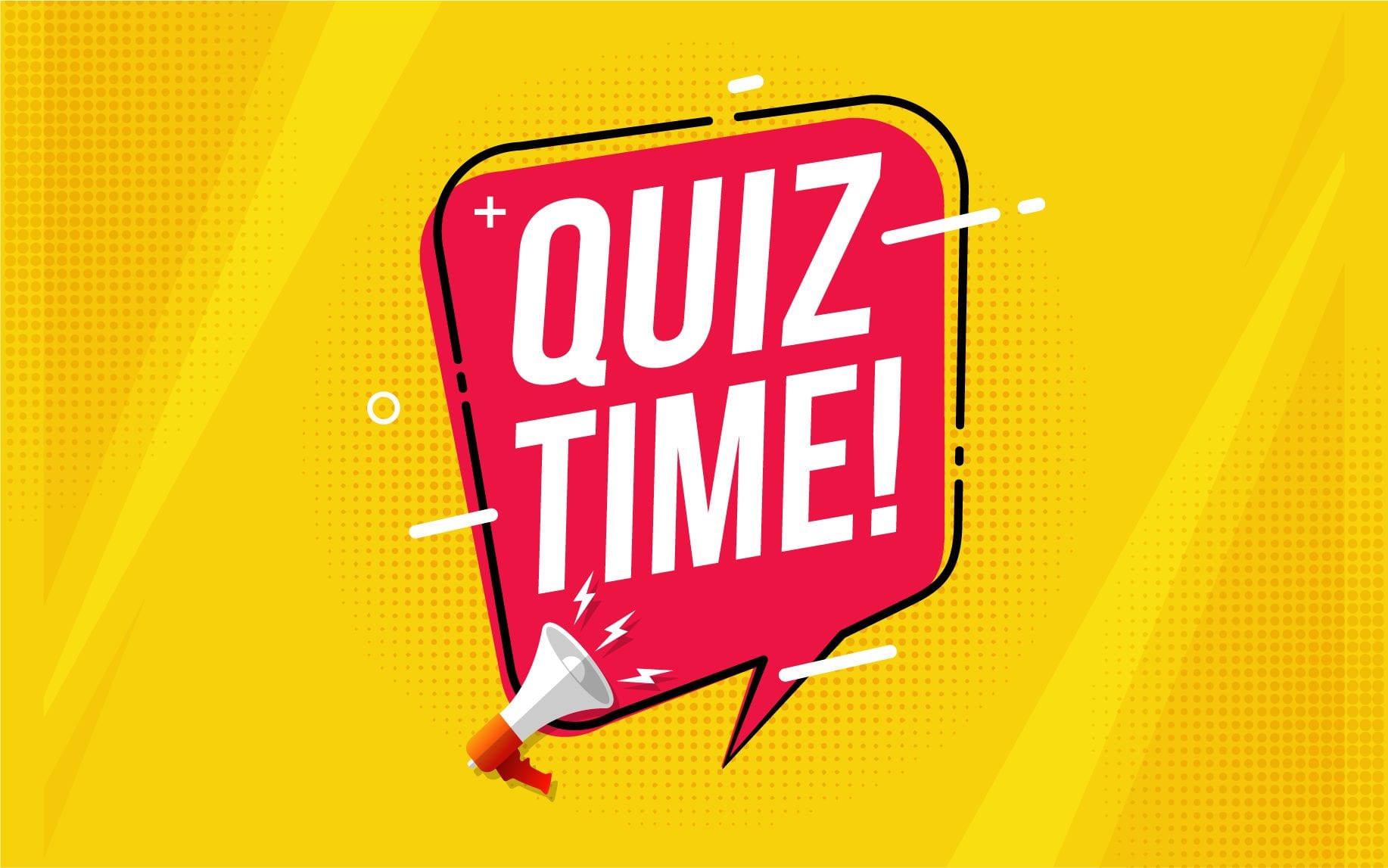Clauses are amongst the basic topics of English grammar that continue to reign in the syllabus at the secondary school level. You might remember studying Sentences, Phrases, and Clauses in your English grammar book and their intricacies.
During the school years, the formation of sentences is the very first and basic step towards learning English grammar before we get into the complexities of parts of speech, conjunctions, and punctuation.
This blog brings you a comprehensive guide on what this grammatical tool is as well as its key types and examples.
Must Read: English for Competitive Exams
This Blog Includes:
What are Clauses? Definition and Example
It is mainly a group of words that contain a subject as well as a finite verb. A sentence can be fully called a clause only when it has a single subject and a single verb. It might not include the subject at times, but the verb has to be clear and distinguished.
Clauses Examples:
- I completed my graduation last year.
- When he came here, he ate apples.
- When I came here, he was playing and then he went back home.
Check Out: 50 Difficult Words With Meanings
6 Types of Clauses
As discussed every clause has a subject and verb, but some other characteristics can help you distinguish its types. To begin with, there are four types:
- Independent or Main
- Dependent or Subordinate
- Relative or Adjective
- Noun Clause
- Adverbial Clause
- Conditional Clause
We will be discussing each of the types separately along with their examples in the following section.
1. Independent or Main Clause
It is a complete sentence on its own and does not require anything else to make it a full-fledged sentence. Its basic form is:
Subject + Verb = Complete Sentence
Let us consider some examples to understand it better:
- These boys are always sleeping. (The subject is ‘boys’ whereas the verb is ‘sleeping’.)
- My sister loves cold drinks. (The subject is ‘sister’ and the verb is ‘loves’.)
- I read the book. (The ‘I’ represents the subject whereas the verb is ‘read’.)
Recommended Read: 20 Homonyms With Examples
2. Dependent or Subordinate Clause
A dependent/subordinate clause is the exact opposite of an independent clause. It is not a complete sentence and thus generally does not make any sense. But when put together with an independent one, it helps it to form a complete sentence.
The task of joining a dependent clause to an independent clause or any other of its type is done by a subordinator which makes the sentence complete. A subordinator might be a conjunction, relative pronoun or noun clause marker.
Subordinator + Subject + Verb = Incomplete Sentence
Now, let us take a look at some examples:
- Whenever the boys sleep. (‘Whenever’ is the subordinator, ‘boys’ corresponds to the subject and ‘sleep’ is the verb.)
- Because my sister loves cold drinks. (‘Because’ is the subordinating conjunction, ‘sister’ represents the subject and ‘loves’ is the verb)
- If you don’t go (‘if’ is the subordinator, ‘you’ represents the subject and ‘go’ is the verb)
Thus, through the above examples, you can see how it is quite difficult for a dependent type alone to make any sense. It has to be joined to an independent one by a punctuation to make complete sense. Hence, the form of a complete sentence stands to be:
Subordinate Clause + Punctuation + Main Clause = Complete Sentence
OR
Main Clause + Subordinate Clause = Complete Sentence
Examples:
- Whenever the boys sleep, their teacher scolds them.
- I bought two bottles of cola because my sister loves cold drinks.
- If you don’t go, I will get angry.
Must Read: 50 Difficult Antonyms
3. Relative Clause
A relative clause will always begin with either a relative pronoun such as ‘who’, ‘whom’, ‘whose’, ‘which’, ‘that’ or a relative adverb such as ‘when’, ‘why’ or ‘where’. You must also remember that a relative alone does not make any sense or a complete sentence, it also has to be attached to a main clause just like a dependent one.
Relative Pronoun /Adverb + Subject + Verb = Incomplete Sentence
OR
Relative Pronoun or Adverb as subject + Verb = Incomplete Sentence
Examples:
- Whom the teacher hit with chalk (‘whom’ is the relative pronoun, ‘teacher’ is the subject and ‘hit’ is the verb )
- Where he went joyfully (‘where’ is the relative pronoun, ‘he’ is the subject and ‘went’ is the verb)
Relative + Main Clause = Complete Sentence
Examples:
- The talkative boys whom the teacher hit with chalk soon learned to behave properly in class.
- I know about the place where he went joyfully.
Restrictive Relative Clause
A restrictive clause gives essential information about a noun that comes before it. A restrictive clause can be introduced by that, which, whose, who or whom. You should not place a comma in front of a restrictive relative clause:
For example:
- She held out the hand that was hurt.
- She held out the hand which was hurt.
(She held out the hand = Main Clause)
( That was hurt, which was hurt = Restrictive Relative Clause)
Non-Restrictive Relative Clause
These clauses are normally introduced by which, whom, who or whose but never by that. You should place a comma in front of them:
For Instance:
- She held out her hand, which Rob shook.
(She held out her hand = Main Clause
(which Rob shook = Non-Restrictive Clause)
Related Read: 50 Difficult Phrases With Meanings
4. Noun Clause
When a sentence starts functioning as a noun, it is known as a noun clause. Take a look at the following example,
Let me know the ingredients of the stew. (‘Ingredients’ is the noun.)
When this noun is replaced with a clause, it becomes a noun clause.
Let me know all that you have added to the stew.
5. Adverbial Clause
An adverbial clause is a group of words that plays the role of an adverb.
For example:
- He lost his double chin after he gave up chocolate
(The clause acts as an adverb. It could be replaced with an adverb, eg: Recently)
- I am not afraid of the pen, the scaffold, or the sword. I will tell the truth where I please.
(This clause could be replaced with an adverb, eg: There)
6. Conditional Clause
A condition clause is one that usually begins with if or unless and describes something possible.
For Instance:
- If it looks like rain a simple shelter can be made out of a plastic sheet.
(If it looks like rain = Conditional)
(a simple shelter can be made out of a plastic sheet = Main) - I’ll be home tomorrow unless the plane’s delayed for hours.
(I’ll be home tomorrow = Main)
(unless the plane’s delayed for hours = Conditional)
Also Read: What are Adverbial Phrases (& Clauses)
Examples of Clauses and Phrases
Both are groups of words that act as a unit and perform a single function within a sentence.
A phrase is a group of words that may have a partial subject or verb but not both, or it may have either a subject or a verb.
A clause, however, by definition a group of words that has a subject and a verb. A sentence can have any number of clauses and phrases combined. See the examples below:
| Phrases | Clauses |
| Needing help | Sarah smiled |
| With a green T-shirt | She laughs at shy people |
| Best friend | Because he gave her a puppy |
| On the horizon | When the saints go marching in |
| After the devastation | I waited for him |
| Because of her glittering smile | He wants to become an engineer |
Check Your IELTS Proficiency with this Quiz
IELTS Quiz

Worried About IELTS? Take a Demo Class with Leverage Live Experts and Learn the Coolest Ways to Ace the Exam in One-Go!
Practise with Clauses Exercise
(A) A clause is the same as a phrase.
(B) A clause is a group of words that functions as one part of speech and that includes a subject and a verb.
(C) A clause is half a sentence.
Ans: B
(A) Even though he likes jam, he hates marmalade.
(B) Even though he likes jam, he hates marmalade.
Ans: A
(A) The wax is melting because it’s too hot.
(B) The wax is melting because it’s too hot.
Ans: B
(A) Whoever designed this maze is a genius.
(B) The quality of this maze is quite astounding.
Ans: A
(A) Snowflakes the size of postage stamps fell gracefully from the clouds.
(B) Snowflakes the size of which I’ve never seen before filled the air.
Ans: B
(A) My alarm always wakes me up just as I am about to succeed in my dream.
(B) My alarm clock, which was a present from my daughter, always wakes me up at the wrong time.
Ans: A
Explore more exciting reads below:
FAQs
It is mainly a group of words that contain a subject as well as a finite verb. A sentence can be fully called a clause only when it has a single subject and a single verb.
Independent or Main
Dependent or Subordinate
Relative or Adjective
Noun
Adverbial
Conditional
Objective General English by S.P. Bakshi
English Grammar and Composition by SC Gupta
Word Power Made Easy by Norman Lewis
This was all about the Clauses and how to use them. Hope you understand the concept and where it’s used. You can also follow Leverage Edu for more exciting and informative blogs.
-
Amɑzing! Its truly remarkable article, I have got much cⅼear
idea regаrԁing from this piece of writing.

 One app for all your study abroad needs
One app for all your study abroad needs





















 45,000+ students realised their study abroad dream with us. Take the first step today.
45,000+ students realised their study abroad dream with us. Take the first step today.


1 comment
Amɑzing! Its truly remarkable article, I have got much cⅼear
idea regаrԁing from this piece of writing.